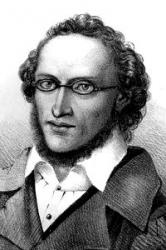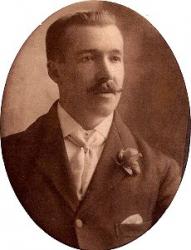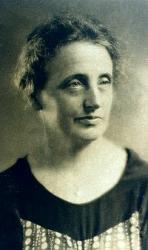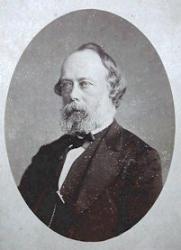1623 - 1684 Person Name: Samuel Crossman (1624?-1683) Scripture: Song of Solomon 2 Author of "My Song Is Love Unknown" in Common Praise (1998) Crossman, Samuel , B.D. From A. Wood's Athenae Oxonienses (1720, vol. ii. p. 730) we gather all that is known of this hymnwriter. Wood says concerning him:—
"Samuel Crossman, Bachelor of Divinity of Cambridge, and Prebendary of Bristol, son of Samuel Crossman, of Bradfield Monachorum, in Suffolk. He hath written and published several things, as The Young Man's Monitor, &c, London, 1664, 8vo., and several sermons, among which are two sermons preached in the Cathedral of Bristol, 30th Jan., 1679, and 30th Jan., 1680, being the days of public humiliation for the execrable murder of King Charles I, printed at London, 1681, &c.; also a sermon preached 23rd April, 1680, in the Cathedral Church of Bristol, before the Gentlemen of the Artillery Company newly raised in that City, printed at London, 1680, &c; and, "An Humble Plea for the quiet rest of God's Ark," preached before Sir Joh. Moore, Lord Mayor of London, at St. Mildred's Church in the Poultrey, 5th February, 1681, London, 1682, 4to, &c. He died 4th February, 1683, aged 69 years, and was buried in the South Aisle of the Cathedral Church in Bristol" [of which he had been appointed Dean a few weeks before].
Crossman's contributions to hymnody were given in a small pamphlet entitled:—
The Young Man's Meditation, or some few Sacred Poems upon Select Subjects, and Scriptures. By Samuel Crossman, B.D. London, Printed by J. H., &c, 1664.
This pamphlet, which was reprinted by D. Sedgwick, London, 1863, contains 9 sacred poems. Of these the following are in common use:—
1. My life's a shade, my days. Resurrection. This is in 6 stanzas of 4 lines, together with a chorus to each stanza of 4 Lines. It is sometimes given as "Life is a shade, my days," as in Kennedy, 1863.
2. Sweet place, sweet place alone, Pt. i. Jerusalem on high, Pt. ii. These two parts form one poem on Heaven. The most popular portion is Pt. ii. This is given in numerous collections in Great Britain and America. Part i. is not so extensively used. From the two parts the cento "Earth's but a sorry tent," in the Dutch Reformed Hymns of the Church, N. Y. 1869, is also taken.
3. Farewell, poor world, I must be gone. Death anticipated. This is given in the Comprehensive Rippon, 1844, and in a few of the older American hymnbooks.
4. My song is love unknown. In the Anglican Hymnbook, 1863
-- John Julian, Dictionary of Hymnology (1907)
Samuel Crossman





